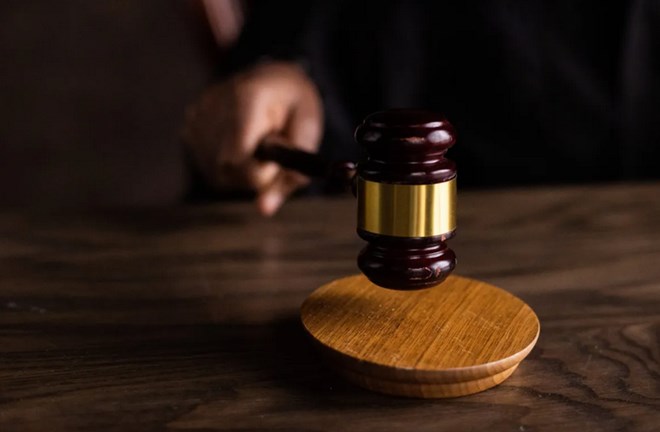
Friday September 3, 2021

Somalia’s journalists face daily threats to their lives. But the biggest scare in their daily work is lack of legal protection, according to their lobby, the National Union of Somali Journalists (Nusoj).
The network was established on Monday this week but formally began work on September 1. The pool will initially have 15 lawyers, including two women. They are scattered across Puntland, South West, Jubbaland, Galmudug, Hirshabelle and Mogadishu.
These regions, as well as Somaliland, which declared independence but has not been recognised, have seen journalists face some of the harshest detentions on the continent.
In most cases, Nusoj officials say, they end up in jail due to poor defence or none at all as lawyers dodge the bullet or because journalists simply can’t afford legal fees.
“Journalists and news media organisations need to know there is a pool of capable and well-informed professionals available to defend their rights if and when required,” Omar Farouk Osman, the secretary-general of Nusoj, said on Monday.
“We are certain that this newly established network is an exciting and concrete step towards building a safer working environment for journalists and for entrenching the importance of media freedom in Somalia.”
The legal network is expected to defend journalists and media houses in trouble on a pro bono basis, something the lobby argues could help reverse the dangerous trajectory of nearly all cases facing journalists ending in convictions, but on flimsy grounds.
Unesco’s programme said refresher courses on defamation law, the right to privacy, national security and state secrets, and judicial proceedings, including the right to a fair trial and access to information, will continuously be offered to the legal group.
Andrea Cairola, programme specialist at Unesco’s Section for Freedom of Expression and Safety of Journalists, said the agency is supporting the programme because it will protect basic rights
“Unesco is committed to continue supporting judicial stakeholders in Somalia, and Africa, in taking key decisions on issues related to freedom of expression, as well as prosecuting crimes and attacks against journalists, to promote and protect this fundamental right,” he said in a statement.
Somalia, now holding its parliamentary elections ahead of presidential polls next month, is still one of the most dangerous places for journalists in Africa. It used to be purely due to the insecurity posed by the militant group Al-Shabaab. But journalists have increasingly faced threats or even death from formal government operatives, including politicians.
In 2020, some 33 journalists were detained in Somalia while 133 more received varied intimidation, according to the 2021 State of the Media Freedom Report published by Nusoj earlier this year.
Two journalists, one working for privately owned Universal TV and another for Kalsan TV were murdered on separate occasions last year after receiving death threats through text messages. Neither of the cases has been pursued and the lobby says the impunity has helped embolden authorities in harassing journalists as none of the other cases have been investigated.
“Not a single murder of a journalist (perpetrated) in 2020 has been investigated, resolved and the culprit brought to book. The routine harassment and detention of dozens of others also continue a familiar if disturbing trend in Somalia,” Mr Osman said.
In addition to militant groups, Nusoj says partisan security forces, illegal detention, bias in courts and a legal regime with archaic laws on its books have combined to hurt the work of journalists.
The union claimed almost all journalists brought to court and charged have been convicted, although “that largely mirrors the wishes of the political entity or person behind the charges”.
Somalia’s Chief Justice Bashe Yusuf Ahmed admitted judges and other judicial officers need training on trends in media freedom. However, he said there is no judicial intention to intimidate journalists by the courts.
“Nothing and no one will distract us from our duty of providing the necessary legal protections to journalists,” he said after Unesco announced the pool to work with Nusoj.
“We shall include in the curriculum of the institute of judges and lawyers an important component of freedom of expression standards and safety of journalists, in order to inculcate an appreciation of freedom of expression, press freedom and defence of journalists, among our judges and lawyers.”